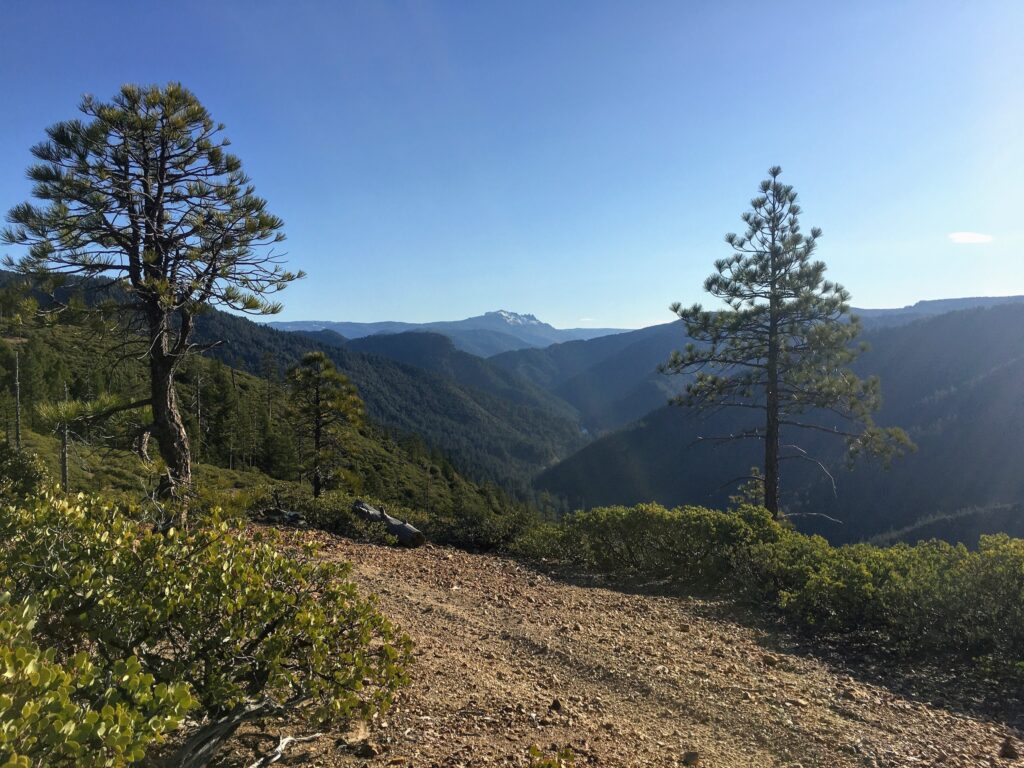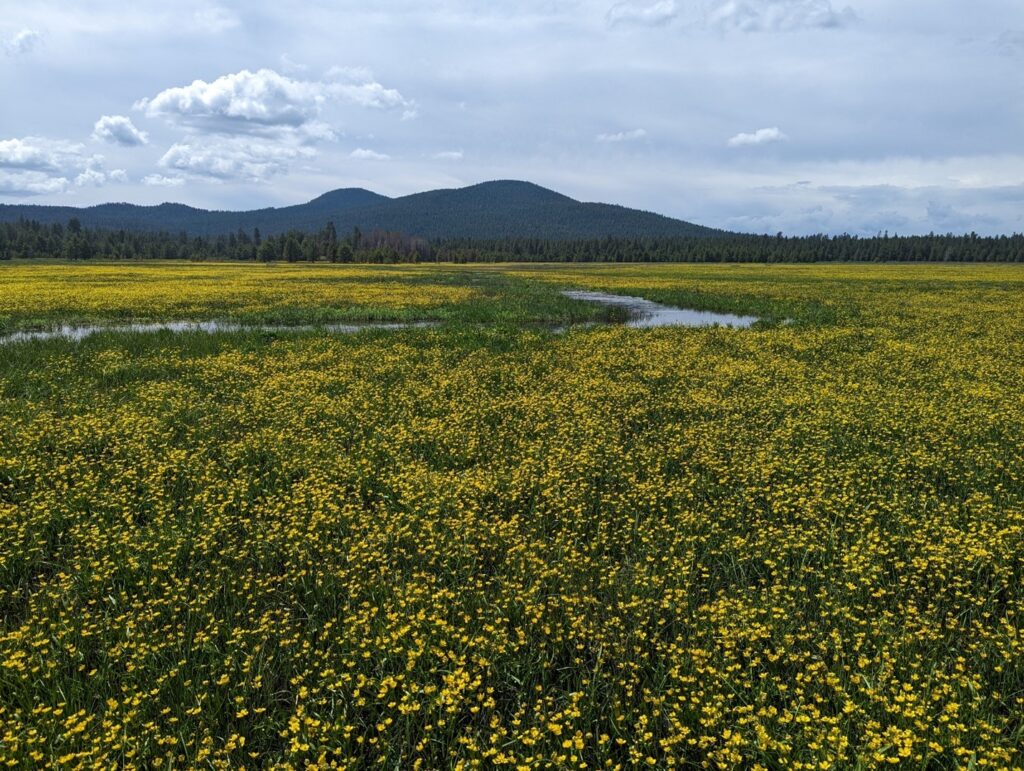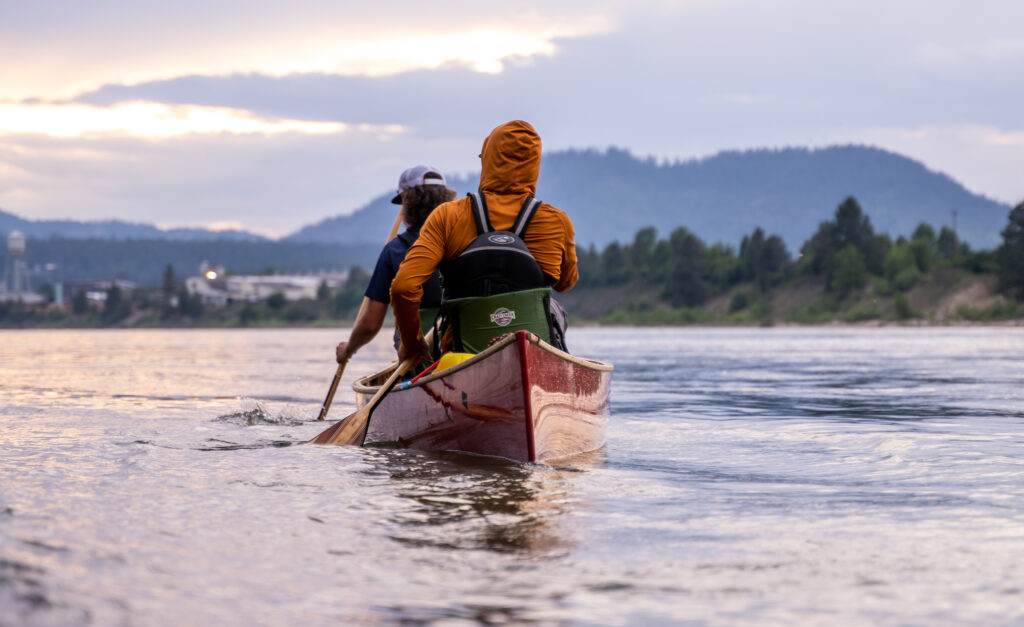California’s Forest Roads and Rivers
The Sierra Nevada mountains are the source of more than 60% of California’s water, with much of that originating in small headwater streams. Unfortunately, the water supply and water quality coming from these streams is at risk.

The Sierra Nevada mountains are the source of more than 60% of California’s water, with much of that originating in small headwater streams. Unfortunately, the water supply and water quality coming from these streams is at risk from record setting wildfires, climate change, loss of riparian habitats, and the extensive network of forest roads.

The national forests of the Sierra Nevada include nearly 47,000 miles of forest roads. While they provide important access to the Sierra Nevada, especially for fuels treatments and firefighting, this road network negatively impacts our water supply and water quality by transporting eroded sediment and runoff to waterways. In fact, forest roads are the main source of chronic sediment pollution in our headwaters. Even a quarter mile of dirt road could be losing 20 to 40 tons of sediment every year. That’s three to five dump trucks full of dirt annually!
Fortunately, there are road improvements we can make that help reduce sediment transport to waterways. First, we can decommission forest roads; restoring the topography and natural processes that the road disrupted. This is ideal for roads that are no longer in use, are redundant, or that cross sensitive habitats like mountain meadows. Where decommissioning is not feasible, we can still make significant improvements to our forest roads through drainage treatments like adding gravel, constructing rolling dips and water bars, and replacing or removing undersized culverts. These features all help to make the road “hydrologically neutral” and disconnect the road drainage system from nearby waterways. Even simply blocking roads from vehicle traffic helps to slow erosion and the pollution of our streams.
American Rivers’ Forest Road Work in the Sierra Nevada
American Rivers is working with partners in the Sierra Nevada to improve our forest road system to help ensure the resiliency of California’s rivers and water supply. In partnership with the US Forest Service, and with support from the California State Water Resources Control Board, American Rivers recently completed a successful project in the North Yuba River watershed that constructed drainage improvements on 26 miles of roads and decommissioned another 6 miles. Our analysis of these treatments found that we reduced roadway erosion and sediment runoff into nearby streams by 65%. In fact, on average, each treatment we installed reduced sediment runoff into streams by nearly 1 ton annually.

American Rivers is working to leverage these early project successes and build a regional effort and robust partnerships behind this work. We’re using our experience in the North Yuba River watershed to build standardized procedures for forest road assessment and prioritization, so we can quickly identify and prioritize problem areas. We’re also working to include this work in large-scale watershed restoration projects to maintain forest access while improving water quality across the Sierra Nevada.




